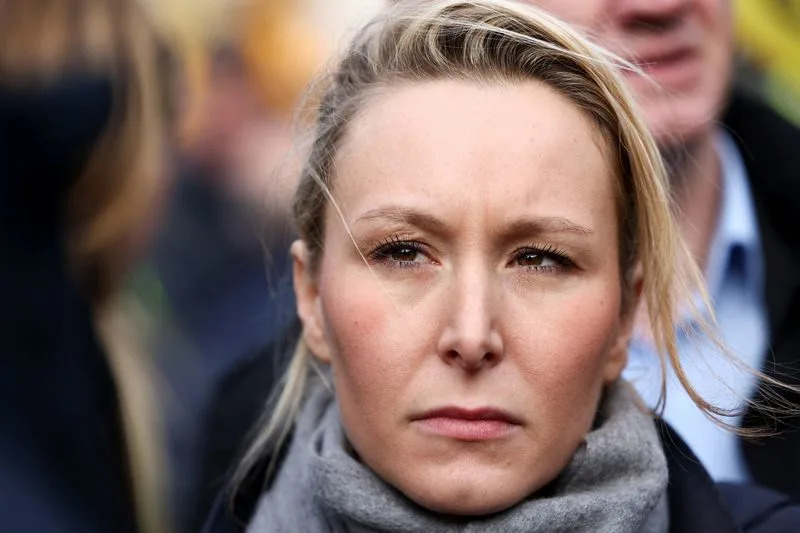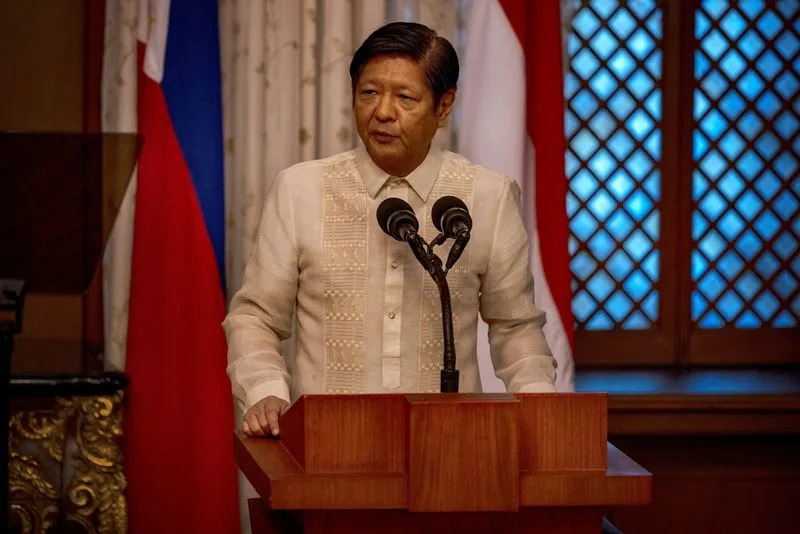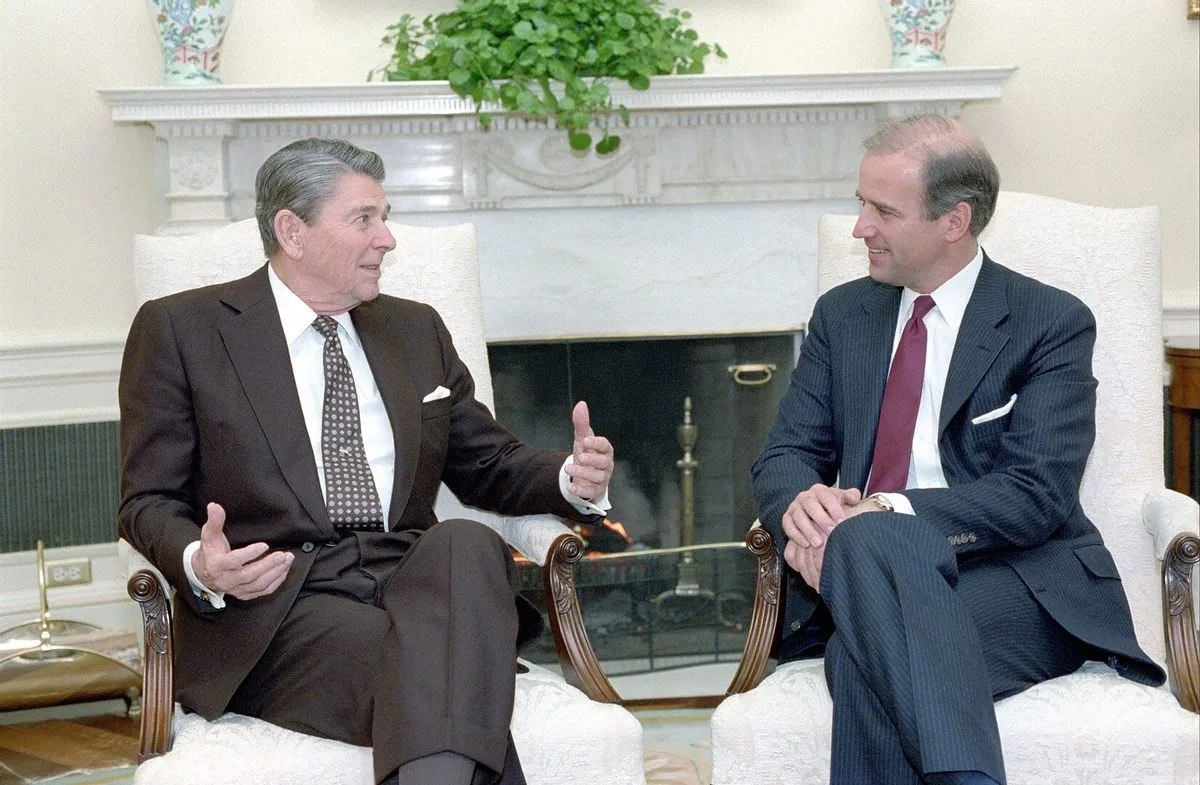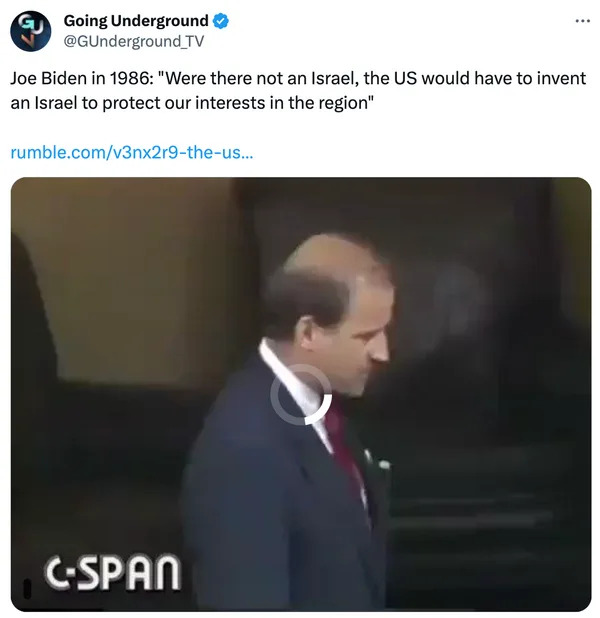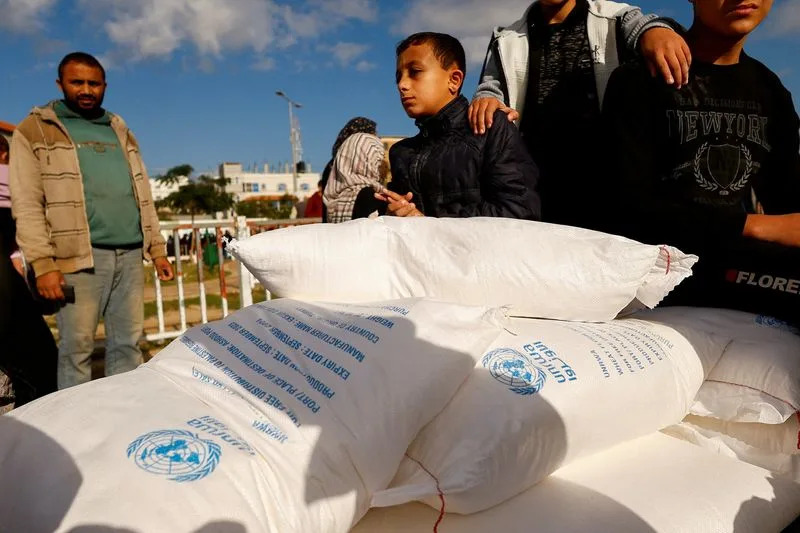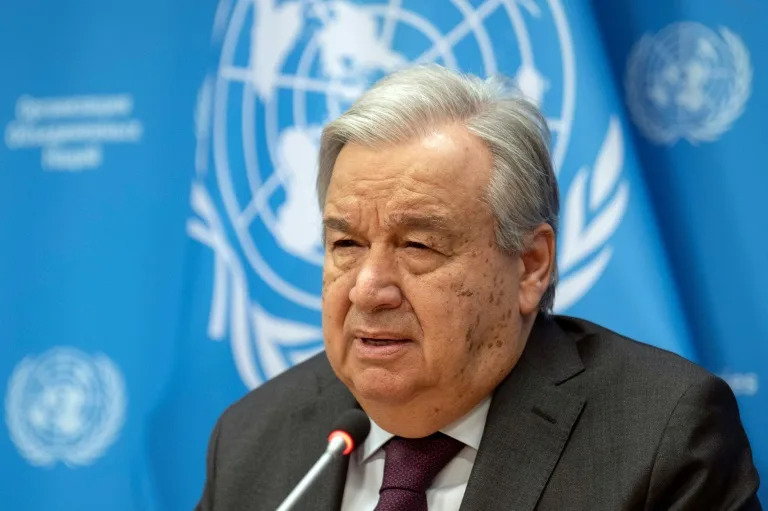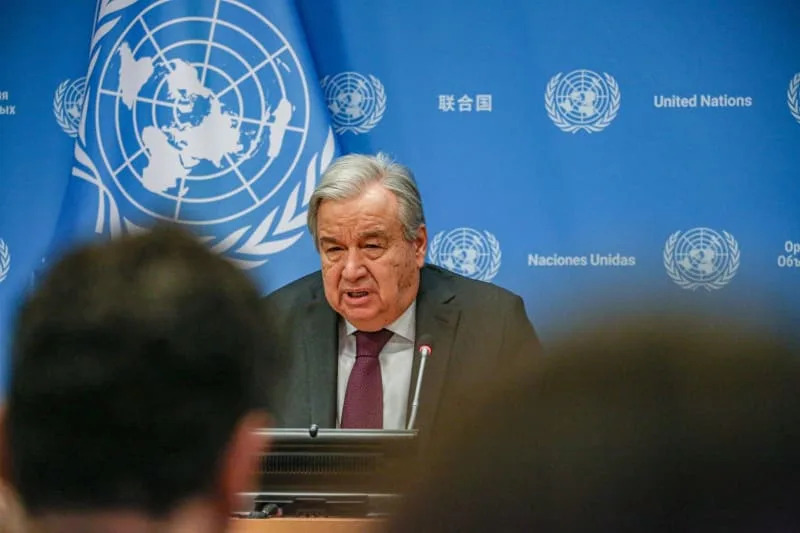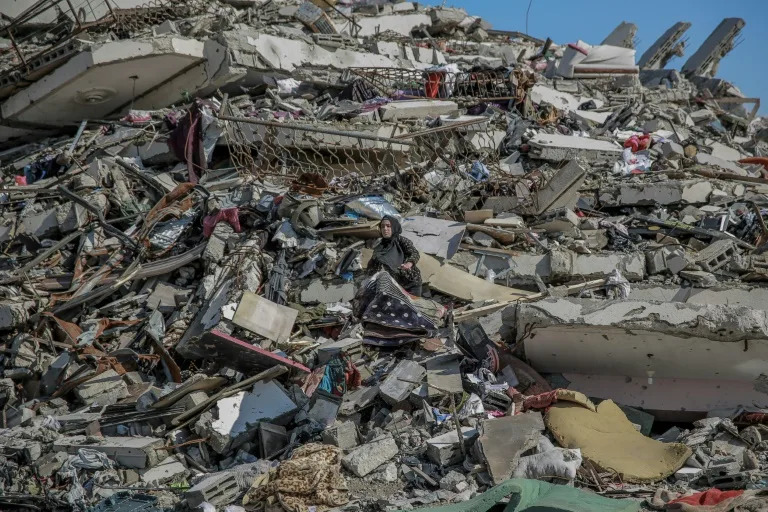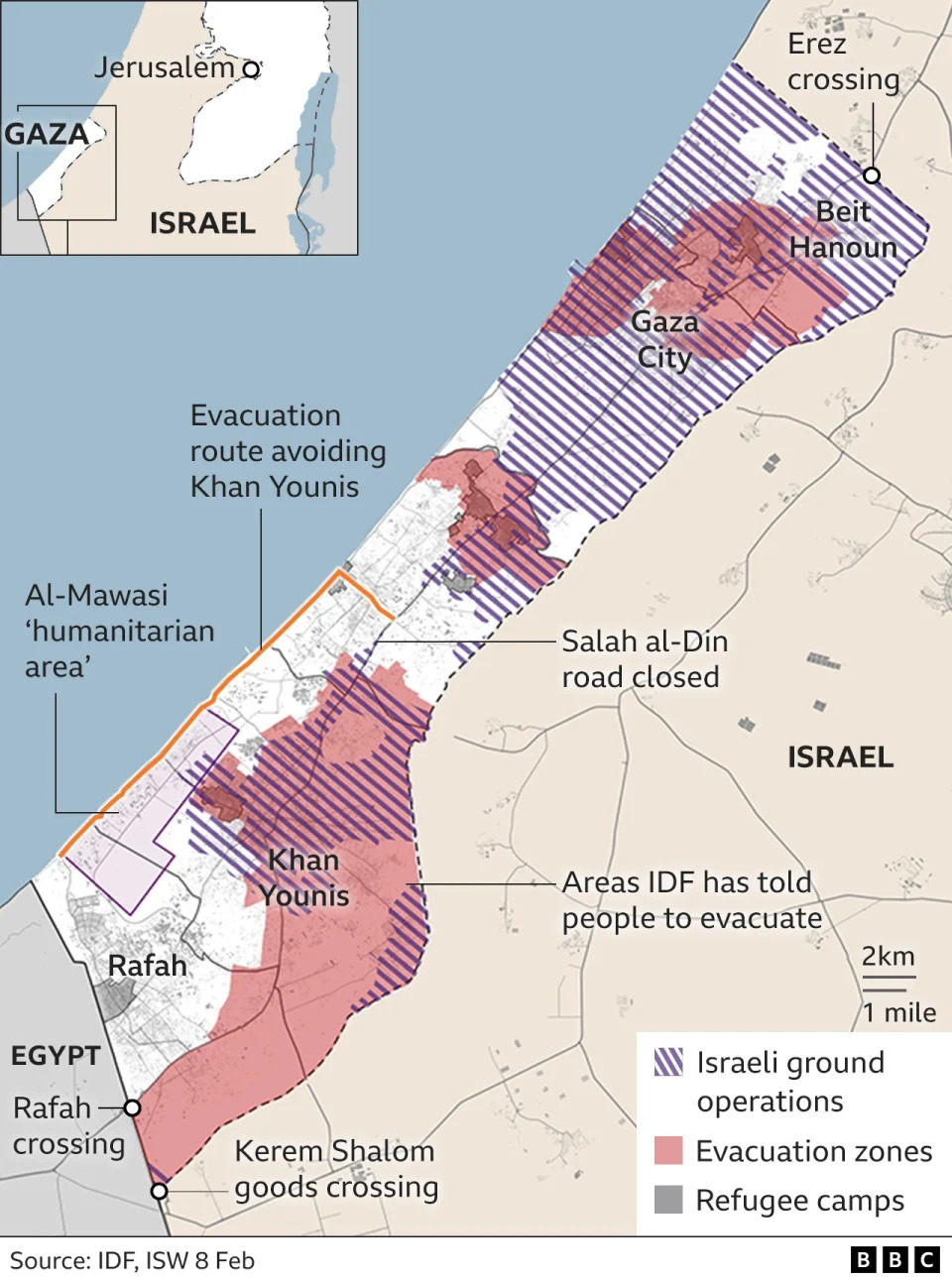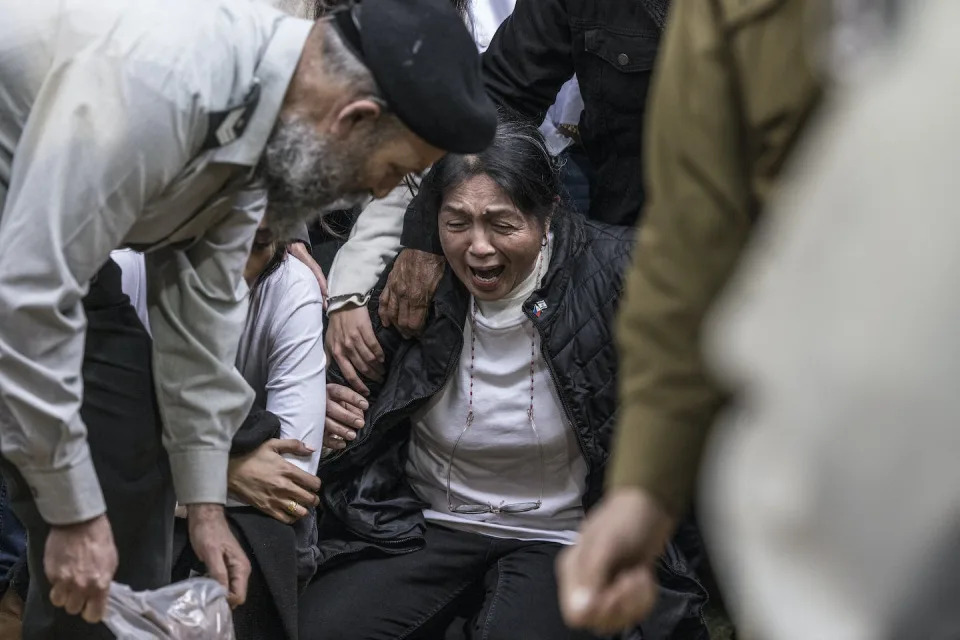Fri, February 9, 2024
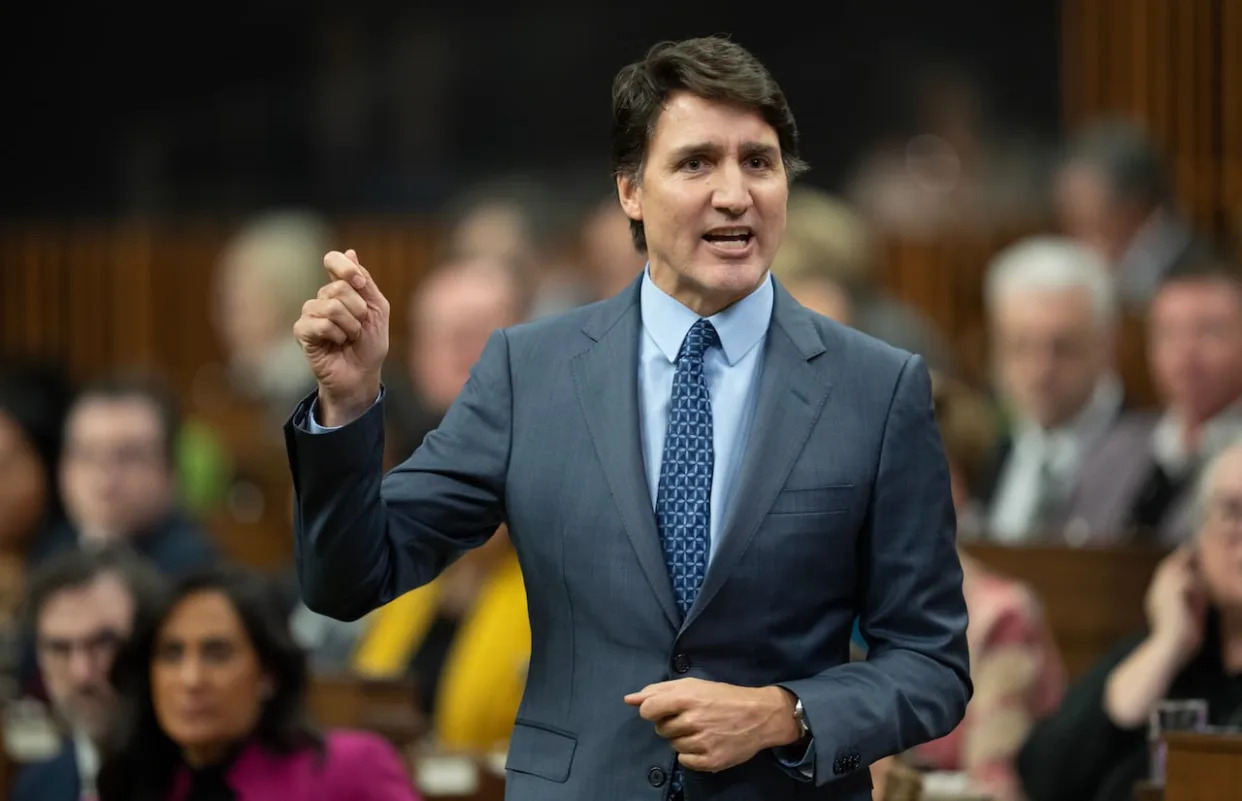
Prime Minister Justin Trudeau rises during question period on Tuesday, Feb. 6, 2024 in Ottawa. (Adrian Wyld/Canadian Press - image credit)
A fired-up Prime Minister Justin Trudeau unleashed on Bell Media on Friday, calling its move to lay off thousands of employees — including hundreds of journalists — a "garbage decision."
"I'm pretty pissed off about what's just happened," Trudeau said during a press conference in Toronto.
"This is the erosion not just of journalism, of quality local journalism at a time where people need it more than ever, given misinformation and disinformation ... It's eroding our very democracy, our abilities to tell stories to each other."
On Thursday the media company — which owns CTV and BNN Bloomberg — announced 4,800 jobs "at all levels of the company" would be cut. Bell said it's the largest round of cuts in nearly 30 years.
It's also the second major round of layoffs at the media and telecommunications giant since last spring, when six per cent of Bell Media jobs were eliminated and nine radio stations were either shuttered or sold.
Bell also announced it is ending multiple television newscasts and making other programming cuts after its parent company announced widespread layoffs and the sale of 45 of its 103 regional radio stations.
The stations being sold are in British Columbia, Ontario, Quebec and Atlantic Canada.
'I'm furious': Trudeau
After announcing the job cuts, Bell said it would push ahead with a more generous dividend payout to its shareholders.
"I'm furious. This was a garbage decision by a corporation that should know better," said Trudeau.
"We need those local voices and over the past years, corporate Canada — and there are many culprits on this — have abdicated their responsibility toward the communities that they have always made very good profits off of in various ways."
On Thursday, Bell chief legal and regulatory officer Robert Malcolmson blamed the federal government for the cuts. He said Ottawa is taking too long to provide relief to media companies and the Canadian Radio-television and Telecommunications Commission [CRTC] has reacted too slowly to a "crisis that is immediate."

The Bell Media Studios in downtown Toronto on Feb. 8, 2024. Bell Media is ending multiple television newscasts and making other programming cuts after its parent company BCE Inc. announced widespread layoffs and the sale of 45 of its 103 regional radio stations. (Evan Mitsui/CBC)
"We've been advocating for reform for years. It's not coming fast enough and when it does come, it doesn't provide meaningful help," he said.
Malcolmson also said the job losses were directly tied to regulator direction on Bill C-11, which updates the Broadcasting Act to require digital platforms such as Netflix, YouTube and TikTok to contribute to and promote Canadian content.
The legislation passed Parliament last year and it's now up to the CRTC to decide how much foreign streaming giants should pay to support Canadian content and production.
On Thursday, federal Heritage Minister Pascale St-Onge accused Bell of breaking a long-held promise to deliver quality local news.
"They're still making billions of dollars. They're still a very profitable company and they still have the capacity and the means to hold up their end of the bargain, which is to deliver news reports," she said.
Poilievre vows to overturn C-11
One of C-11's main critics, Conservative Leader Pierre Poilievre, has referred to the bill as a form of censorship because it empowers the CRTC to regulate more platforms and the content they disseminate.
He blamed Bell's cuts on what he described as a poor business environment caused by high taxes, burdensome red tape and uncompetitive policies.
"We will move quickly in the early part of my term to overturn C-11 and other censorship and put Canadians in charge of what they see and say online," Poilievre said Thursday.
On Friday, Trudeau took aim at the Conservatives and other critics who have accused his government of greasing the palms of news organizations.
"We have been stepping up over the past years, fighting for local journalism, fighting for investments that we can have, while all the while fending off attacks from Conservatives and others who say, 'No, no, no, you're trying to buy off journalists,'" he said.
Trudeau suggested his government will be "demanding" better from corporations like Bell, but it's not yet clear what that would look like.
Canada media group ends several TV newscasts after announcing 4,800 layoffs
Associated Press
Updated Thu, February 8, 2024
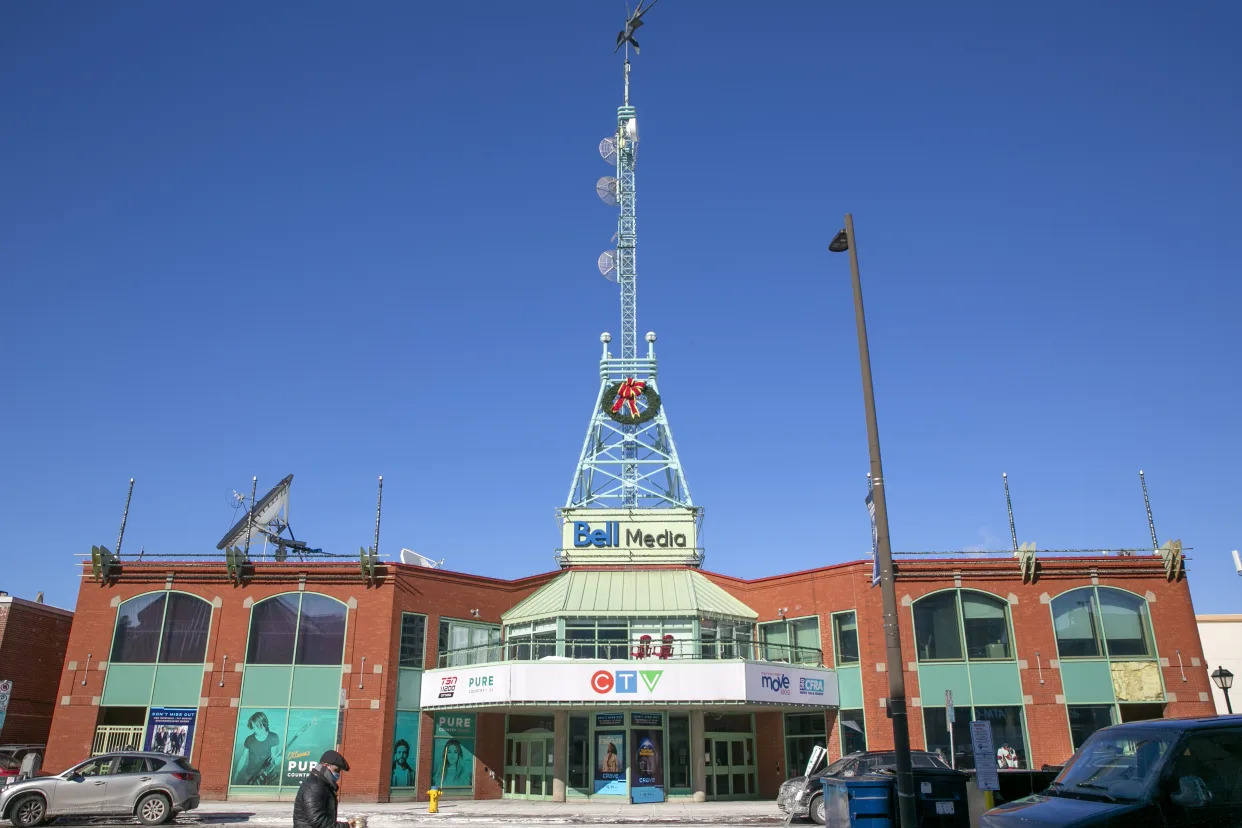
A person walks by the CTV Television Network studios in Ottawa, Quebec, Canada, on Monday, Feb. 14, 2022. Canada’s largest media and telecom company said Thursday, Feb. 8, 2024, it is ending multiple television newscasts and making other programming cuts after its parent company announced 4,800 layoffs and the sale of 45 of its 103 regional radio stations.
TORONTO (AP) — Canada’s largest media and telecom company said Thursday it is ending multiple television newscasts and making other programming cuts after its parent company announced 4,800 layoffs and the sale of 45 of its 103 regional radio stations.
In an internal memo to Bell Media employees, it said news stations such as CTV and BNN Bloomberg would be affected immediately.
The radio stations being sold are in British Columbia, Ontario, Quebec and Atlantic Canada.
The memo, signed by Dave Daigle, vice-president of local TV, radio and Bell Media Studios, and Richard Gray, vice-president of news at Bell Media, said weekday noon newscasts at all CTV stations except Toronto would end. It is also scrapping its 6 p.m. and 11 p.m. newscasts on weekends at all CTV and CTV2 stations except Toronto, Montreal and Ottawa.
Earlier, Bell Media’s parent company BCE Inc. announced it was cutting 9% of its workforce.
The company, in an open letter signed by Chief Executive Mirko Bibic, said 4,800 jobs “at all levels of the company” would be cut. Fewer than 10% of the total job cuts are at Bell Media specifically.
Some employees have already been notified or were to be informed Thursday of being laid off, while the balance will be told by the spring. Bibic said the company will use vacancies and natural attrition to minimize layoffs as much as possible.
The Unifor union said 800 members it represents were laid off in the Bell cuts, around 100 of which from the media sector and the balance from the telecom sector.
CTV’s long-running flagship investigative series “W5” will also cease to exist in its current form. The internal memo sent to Bell Media employees says the award-winning program will “evolve” from a standalone documentary series to become “a multi-part, multiplatform investigative reporting unit.”
Its reports will be featured on CTV National News, the CTV News website and other CTV platforms.
